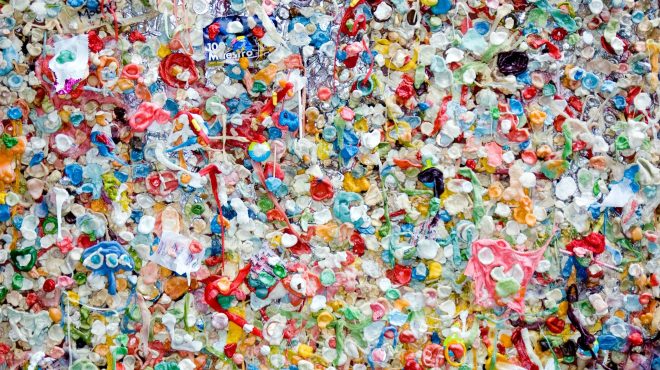The first round of negotiations on a global plastics treaty ended on Friday with a split on whether goals and efforts should be global and mandatory, or voluntary and country-led.
According to Press TV, the event, which was first of a planned five sessions of the Intergovernmental Negotiating Committee (INC), was held in Punta del Este, Uruguay, and attended by more than 2,000 delegates from 160 countries who agreed to put an end to plastic pollution.
The negotiations pitted a “High Ambition Coalition,” including European Union members, against countries including the United States and Saudi Arabia, which have the world’s top plastic and petrochemical companies.
The meetings aim to form the first legally binding agreement on plastic pollution by the end of 2024 to create a global convention with a common global approach to tackle plastic pollution.
More than 145 countries have given a nod to a treaty with specific and common global rules.
But nations have split on whether to emphasize recycling and waste management or whether to reduce the production on plastic.
The US has demanded the pact to look like that of the Paris climate agreement, whereas Saudi Arabia wants a treaty focused on plastic litter that is built on “a bottom-to-top approach and based on national circumstances.”
The High Ambition Coalition of over 40 countries, including EU members, Switzerland, host Uruguay and Ghana, demands the treaty to be based on mandatory global measures, including production cuts.
In March, the UN agreed to create the treaty to deal with plastic waste but differed on major issues, including whether to limit plastic production, phase outs types of plastics and universal global rules.
According to critics, these differences could weaken the formation of a global treaty.
The environmental group Greenpeace has warned that in the absence of a strong treaty, plastic production could double within the next 10-15 years, and triple by 2050.
 Alghadeer TV Alghadeer TV
Alghadeer TV Alghadeer TV

